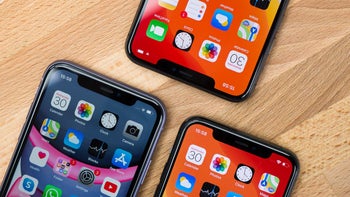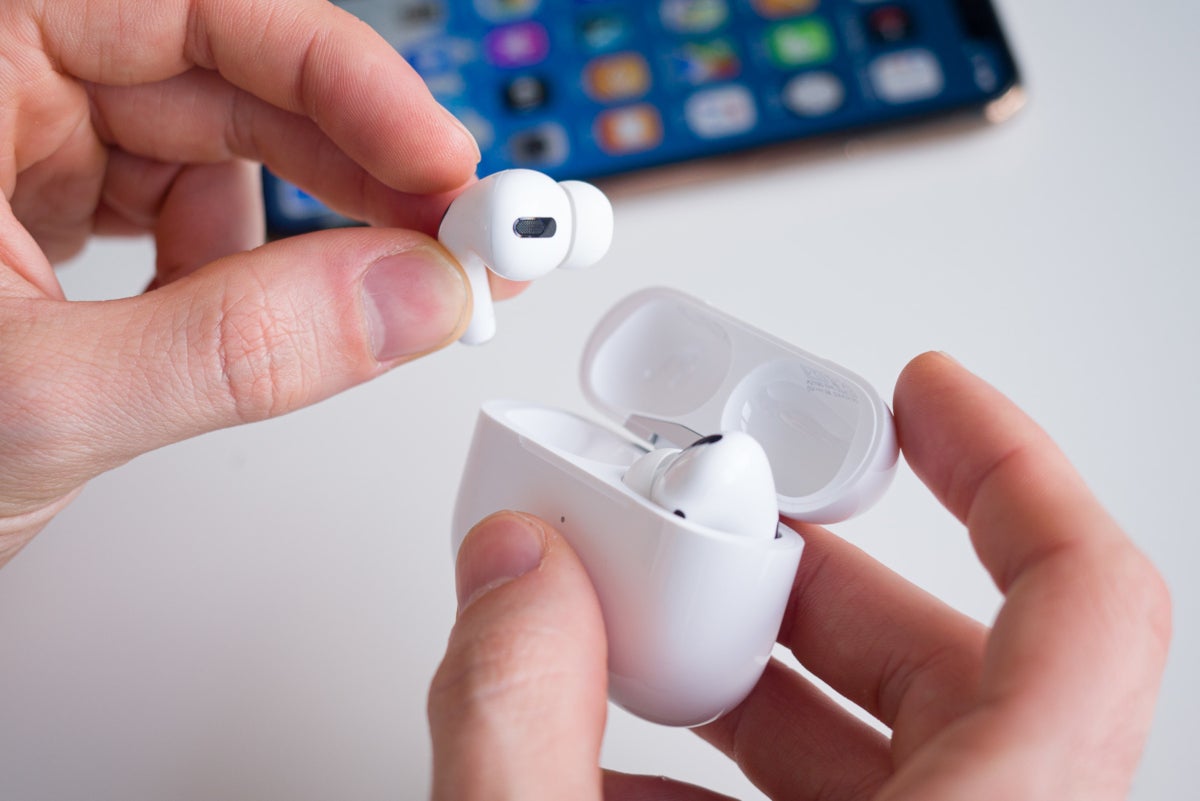Apple admits that the coronavirus has impacted iPhone demand and production

With all of the speculation about how the coronavirus might affect Apple and the iPhone, this afternoon Apple made it official. The company announced today that it will not meet its fiscal second-quarter revenue target because of the pandemic. The coronavirus is affecting Apple in two ways; one, it forced its Chinese based contract manufacturers like Foxconn and Wistron to shut down production for a few weeks. And it also has negatively impacted demand for Apple's products in China. Apple closed its Apple Stores in the country and has slowly re-opened some of them over the last few days. Still, these stores have reduced shopping hours and customer traffic is low.
In addition, Foxconn has restarted some production at its facilities with a goal of getting production to 50% of normal by the end of the month. In a statement released today, Apple said, "Work is starting to resume around the country, but we are experiencing a slower return to normal conditions than we had anticipated." Apple noted that for the moment, global iPhone supplies will be "temporarily constrained" adding that its manufacturing partner facilities (like Foxconn and Wistron) have reopened, but are taking longer than expected to return to full speed. "The health and well-being of every person who helps make these products possible is our paramount priority," Apple stated, "and we are working in close consultation with our suppliers and public health experts as this ramp continues. These iPhone supply shortages will temporarily affect revenues worldwide."
Demand for Apple's products outside of China has been "strong to date"
Next month, Apple is expected to unveil the entry-level iPhone 9, a sequel to its popular low-priced iPhone SE handset. But the coronavirus could put a crimp in those plans. The device looks like the iPhone 8 but will be powered by the A13 Bionic chipset used in the 2019 phones, and sports 3GB of memory compared to 2GB on the iPhone 8. Reliable TF International analyst Ming-Chi Kuo expects Apple to sell 20 million to 30 million of these phones during 2020. The virus is also expected to affect production of the wireless Bluetooth AirPods with the premium AirPods Pro model hard to find.

Production of the AirPods Pro has also been heavily impacted by coronavirus-related shutdowns
When the manufacturer reported its fiscal first-quarter earnings at the end of last month, it widened its fiscal Q2 revenue estimates to a range of $63 billion and $67 billion because of the coronavirus. Now, it appears that Apple's revenue for the three-month period between January and March will fall short of $63 billion. Outside of China, Apple says that demand for its products and services has not only been "strong to date" but also in line with the company's expectations. The tech giant says that it will provide more information during its fiscal second-quarter earnings call in April. The company adds, "Our first priority — now and always — is the health and safety of our employees, supply chain partners, customers and the communities in which we operate. Our profound gratitude is with those on the front lines of confronting this public health emergency."
Apple no longer provides iPhone sales numbers during its quarterly earnings releases but does give iPhone revenue figures. For its fiscal first quarter, which included the all-important holiday shopping season, Apple announced that it generated $55.96 billion in iPhone sales far surpassing Wall Street expectations of $52 billion. Apple added a computational photography feature called Deep Fusion and an ultra-wide camera to its 2019 handsets. At the same time, it improved the handsets' water resistance and hiked the battery life on each model (no more wall-hugging for iPhone users). The iPhone 11, priced at $699 and up, has been among the top-selling phones in the world.
Since Wall Street is said to look ahead several months, Apple's shares were not affected by today's release. In fact, after closing at $324.95 for a gain of 8 cents during the regular trading session, Apple tacked on another dime to $325.05 in after-hours trading.













Things that are NOT allowed: